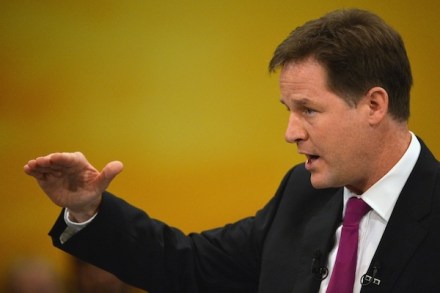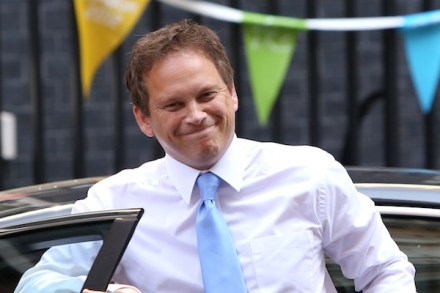The government needs good news from the Work Programme
You know a government is in trouble when the ‘week from hell’ moves beyond cliché to become the normal state of affairs. We already had a slew of pieces around the time of party conference asking if things could get any worse (I believe I even wrote one myself). And then they did. The Mail and the Sunday Times have now joined in with what has become a national sport of Tory-baiting. The charge of incompetence is everywhere and everyone is blaming everybody else. The Mitchell affair hit at the very heart of party discipline, with the man appointed to impose it losing every scrap of authority he had before




















